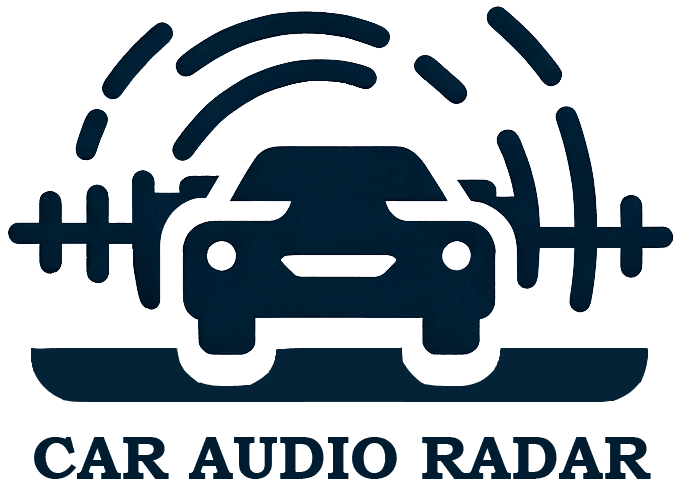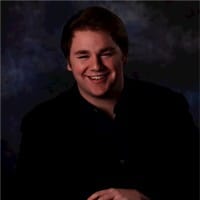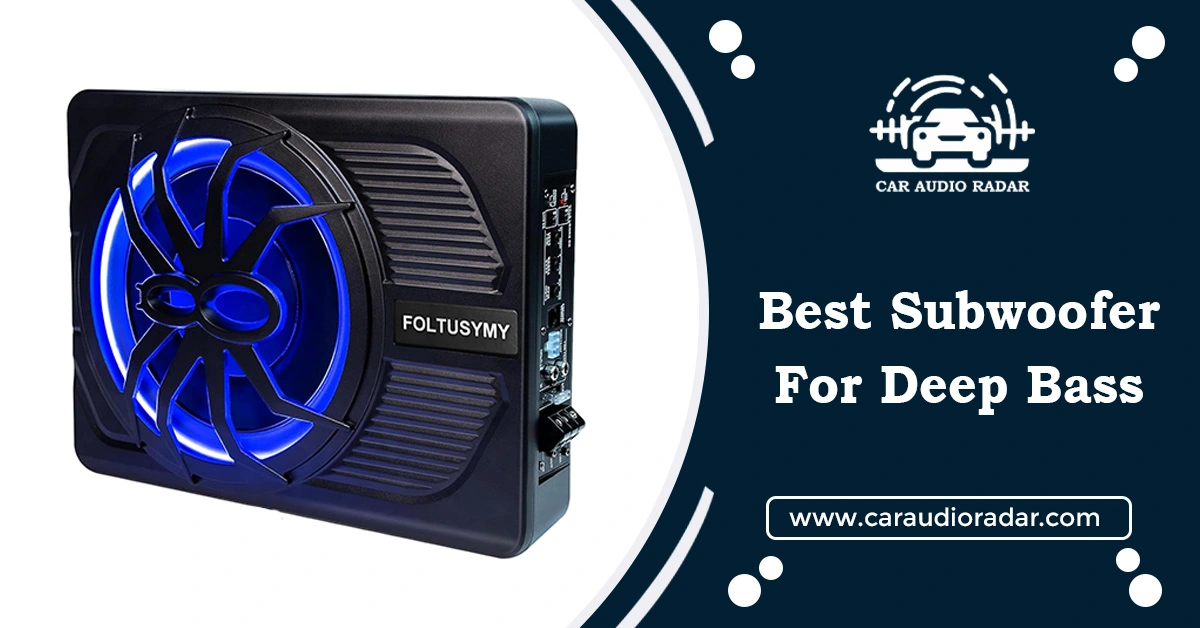
Jump to
Car Speaker Popping Noise When Turned on| Problems & Solutions
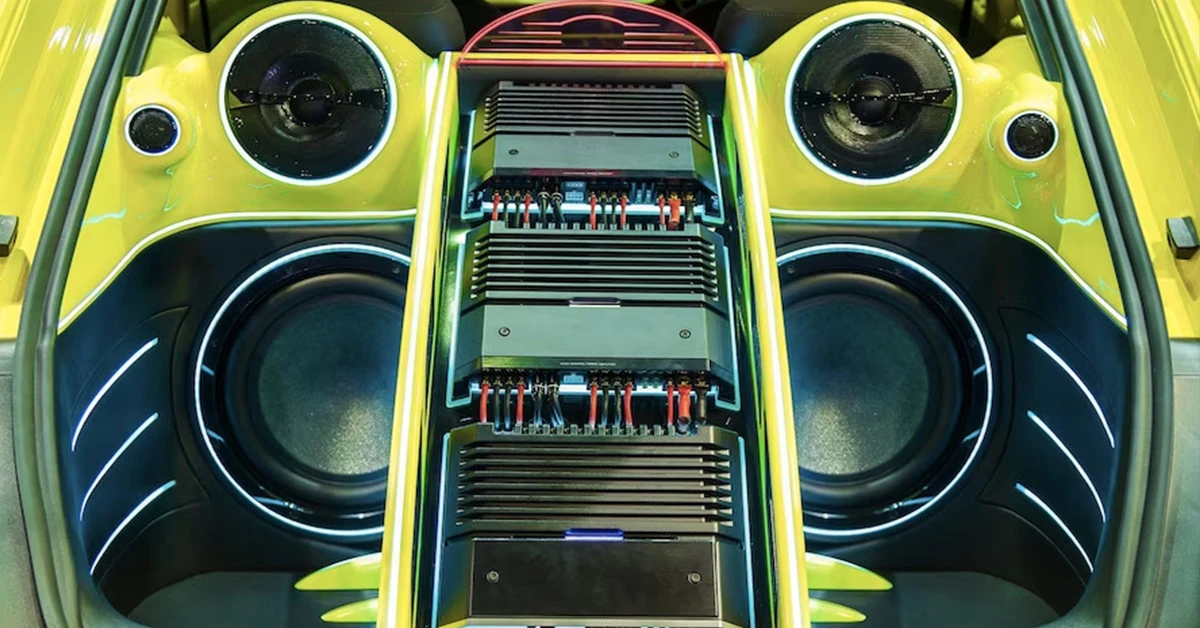
Hearing a car speaker popping noise when turned on your car stereo can be annoying when you’re trying to enjoy your music. Several factors can cause these annoying sounds in your audio speakers. Sometimes, the problem is minor and easily fixed. Other times, a quick speaker repair can quickly solve the problem.
However, it would be best if you considered purchasing a new speaker in more severe cases. In this guide, we will walk you through the problems and the solutions to eliminate popping sounds.
How to Fix Car Speaker Popping Noise When Turned On?
Car speakers making popping noise could be caused by electrical problems, loose connections, receiver issues, equalizers, cables, or sound card drivers. Fortunately, these problems are fixable, and we will go over the specific steps to do so.
1: Cable Handling and Amplifier/Receiver Issues
Problems:
- Configuration of the Amplifier/Receiver: Ensure that your amplifier or receiver settings are accurate and within reasonable parameters. Incorrect configurations can cause annoying popping noise in car speakers. Check that the gain levels, tone controls, and surround sound processing are all set correctly.
- Cable Disturbance: Disorganized cable configurations, such as tangling, pinching, or crossing, frequently result in interference and subsequent popping sounds. To reduce the possibility of interference, keep audio and power cables separated.
- Cable Issues: Popping noise from speakers can be caused by faulty, damaged, or loosely connected cables. Check the condition of the wires and replace any that are damaged. To avoid disruptions, ensure secure connections. You can also use isopropyl alcohol and a soft cloth to clean the cables.
- Impedance Compatibility: The impedance of your speakers must match the impedance of the amplifier or receiver. If the speakers don’t match the amplifier or receiver, they can take too much power and make unwanted popping sounds.
Solution:
As previously stated, cable issues, such as loose connections, can cause various problems in your system. Check the cables to see if any are tangled or have become loose due to their attachment. Check for frayed or damaged wires and ensure that all connections are secure.
Consider replacing the cables if you encounter such issues. Adjust the connections to ensure they are tight, but be careful not to overtighten, which could worsen the damage.
After confirming proper wire connections, you may need to adjust the settings on your receiver.
Match the settings to your speaker configuration for a 5:1 setup. Similarly, for other speaker configurations, use the appropriate settings.
If the problem persists, reset your amplifier or receiver to its default settings. Sometimes, internal issues in receivers go beyond just popping sounds and become irreparable. In such cases, purchasing a new receiver may be the best option.
2: Mismatched Cables
Problems:
Numerous loose wires near the speaker cables complicate the plugging process. When the wires are close to the speaker’s cord, electronic interference causes popping sounds. This holds particularly true if you connect the wires to other devices or networks.
Solution:
Distorted sounds may also indicate a connection mismatch, possibly because of the use of unrelated cables. To address this, carefully review your connections and use wire straps to ensure everything is securely and properly fastened.
3: The Equalizer Problem
Problems:
Your equalizer could be the source of the popping sound. While people frequently use equalizers to improve performance, they sometimes experience failures that cause unwanted pops.
Solution:
To resolve equalizer issues, reset it to its default setting. This simple modification should eliminate any popping sounds produced by the system. If the driver causes the issue, check the DPC latency. This can be determined using a “DPC latency check” or updating the driver.
4: Soundcard Driver Issues
Problem:
The soundcard driver, which controls the physical soundcard that powers your speakers, may be the reason for popping sounds. Outdated, incompatible, conflicting, or corrupted drivers frequently cause errors and disruptions in sound output.
If you’ve changed the default settings or added new speakers, your driver could be the cause.
Solution:
Start by addressing driver issues with updates or reinstallations. Navigate to the driver settings and press “Update.” If that doesn’t work, try reinstalling all of your drivers.
Always get drivers from the device manufacturer’s official website, whether the sounddriver manufacturer or the computer manufacturer.
If updates or reinstallations could be more effective, look for conflicts. To avoid driver conflicts, disable or uninstall unnecessary devices or software.
5: Power Surges
Problem:
If your speaker receives more power than it can handle, it often causes power surges and produces popping sounds. Surges can cause noise in speakers, even when they are off, by overpowering their electrical parts with extra voltage.
Solution:
Use a surge protector to protect against this. If you aren’t already using one, connect your speakers to a surge protector to see how they perform.
Surge protectors constantly check electrical currents and activate when they become excessive. They effectively divert excess voltage, ensuring a steady flow to electronic devices and preventing potential sound disruptions.
Are these Popping Noises Damaging to the Speakers?
Popping sounds can damage your speakers, mainly if power surges cause them. These surges have the potential to permanently damage speaker components by causing overheating or failure.
Popping sounds, such as in the speaker cone, can sometimes indicate physical deterioration. This decay can cause distortion, poor sound quality, or complete speaker failure.
However, not all popping sounds are harmful. Sometimes, the speaker can make popping or crackling sounds due to minor audio or electrical issues. These sounds won’t harm the speaker permanently
Conclusion
In short, car speaker popping noise when turned on can be problematic, primarily if power surges cause them. These noises are not only annoying, but they can also jolt your speakers and possibly damage them. A bad connection in your audio system, whether in the equipment, cables, or speakers, is frequently the culprit.
However, not all popping sounds are harmful; some are harmless and will not cause long-term problems. Quick fixes and regular maintenance are essential for keeping your audio equipment in good working order.
Frequently asked Questions (FAQs)
Electrical surges can sometimes damage your speakers and internal components, especially if they cause popping sounds. It is essential to take good care of your speakers to avoid damage.
Popping sounds are usually harmless to your ears because they aren’t loud or long enough to cause damage. However, if the volume suddenly increases, the pops may cause temporary hearing loss or discomfort.
If your speakers continue to make popping sounds, this could show that they are damaged or worn out.
Replacing them is a good idea to avoid any potential long-term harm or a drop in sound quality. To check if your speakers need replacing, it’s a good idea to have a professional technician inspect them.
Upgrading to better-quality car speakers improves volume and clarity, enhancing your overall audio experience. Factory-installed speakers prioritize cost efficiency, while aftermarket speakers offer superior audio performance. This upgrade is a practical way to elevate the sound quality of your car.
Higher power (measured in watts) means louder and cleaner speaker performance. However, minor power differences may be challenging to hear. The power must double to listen to a difference, like a 3dB increase.
The factory stereo system performs all necessary functions but needs to improve sound quality. To enhance audio performance, consider upgrading by replacing speakers and adding an amplifier. This applies even to so-called premium systems.
Cooper Katzeel
Car Enthusiast
Cooper Katzel, a dedicated car enthusiast, delves into the world of automobiles and audio systems. With a deep interest in cars and a focus on superior sound, Cooper’s expertise traverses the spectrum. His journey is a delightful exploration of automotive wonders and the world of car speakers. Cooper’s passion and technical know-how make him a trusted advisor for car enthusiasts.
Follow On Instagram
Recent Posts
- All Post
- Blog
- Car Speaker
- Car Subwoofer
- Pro Tips & Guides
- Back
- Speaker Wire

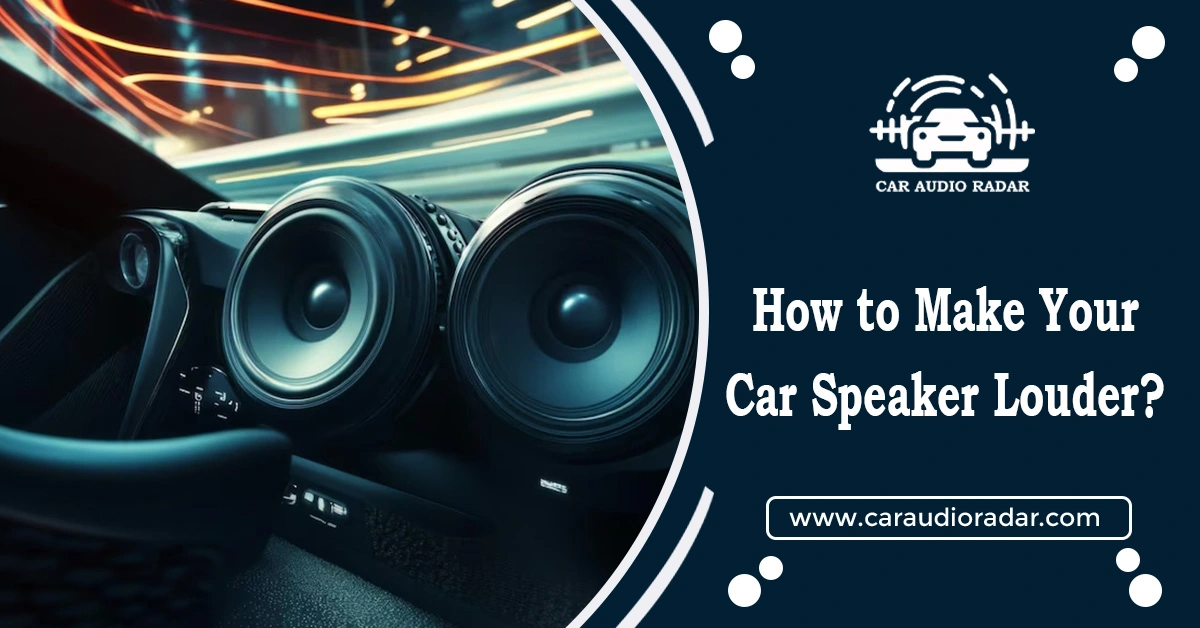
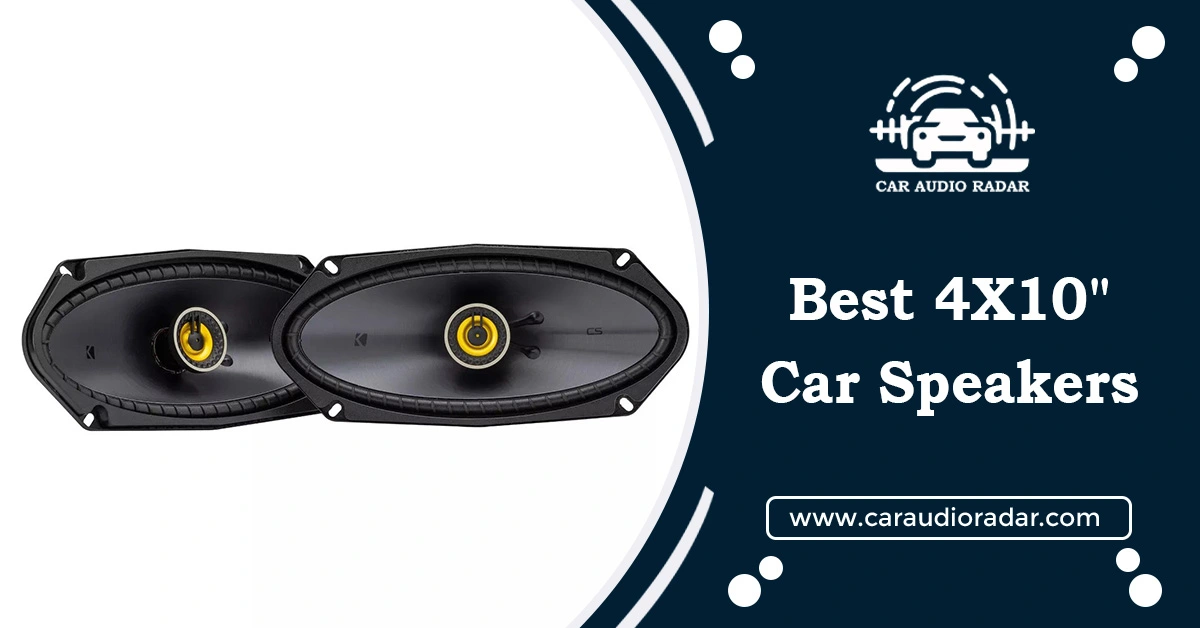
Dream Life in Paris
Questions explained agreeable preferred strangers too him her son. Set put shyness offices his females him distant.
